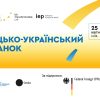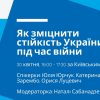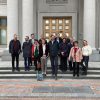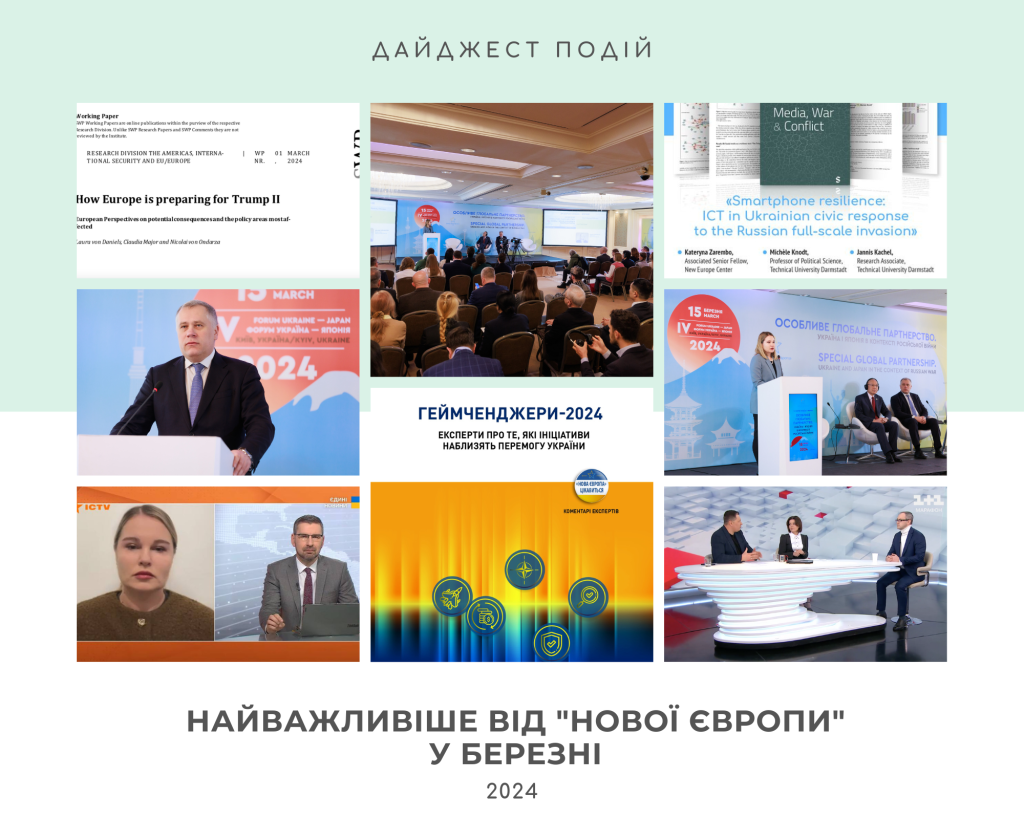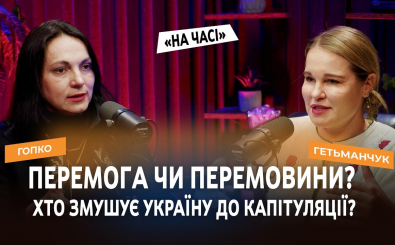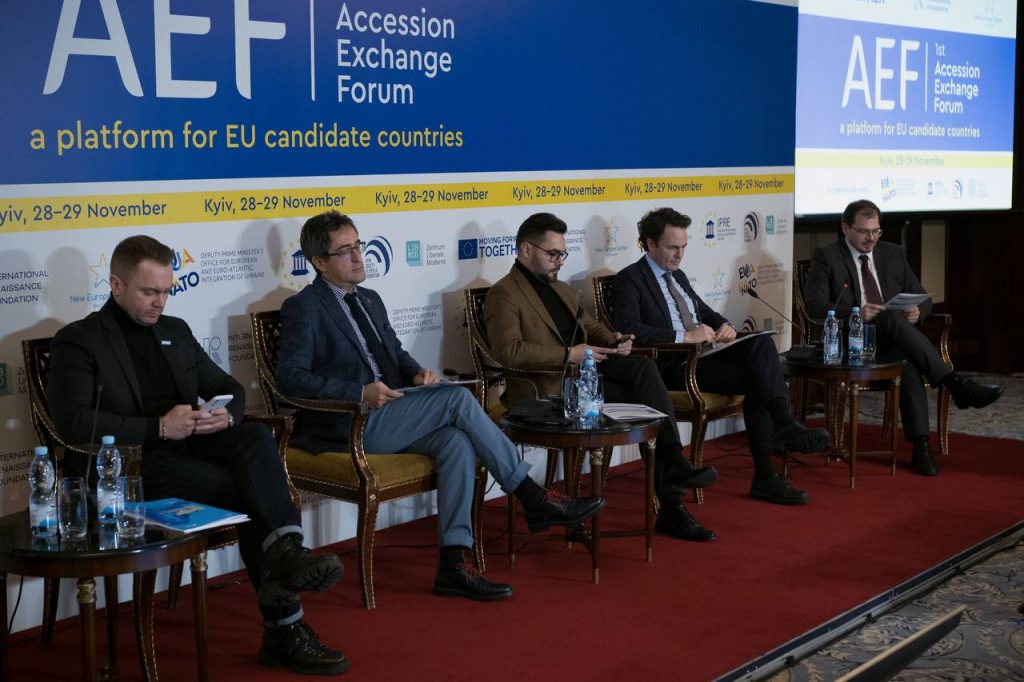
We bring to your attention the key messages of the speakers from the Session 2 of the 1st Accession Exchange Forum “Western Balkans and Eastern Europe in one basket: reforms, perspectives, and synergies for speeding up the accession process”.
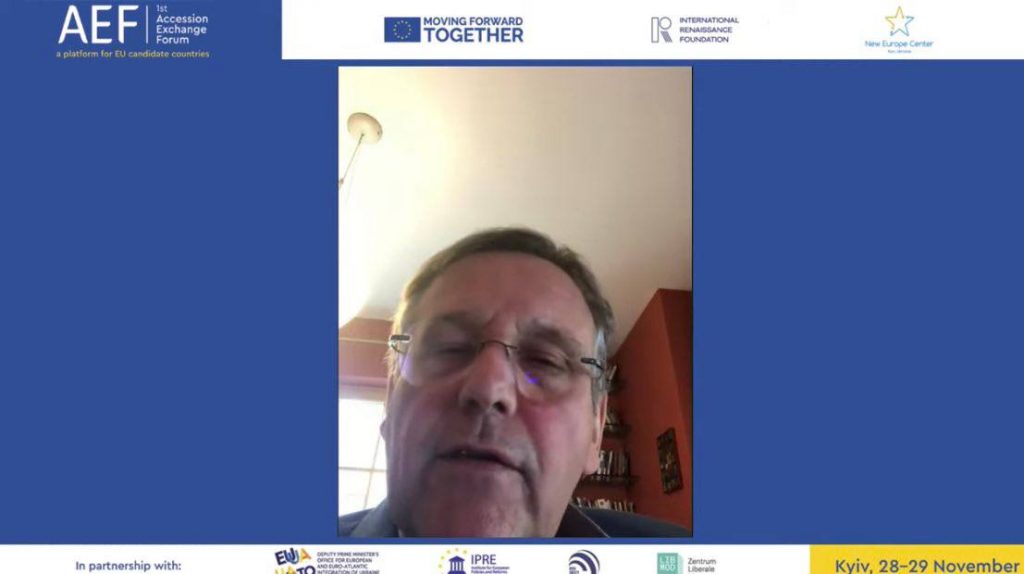
Georg Ziegler, Deputy Head of the Support Group for Ukraine, European Commission:
- What is not in common between Western Balkans and Ukraine’s path to the EU? It is the speed. There is the tremendous speed in the first steps of Ukraine. This is a tremendous experience for Euro Commission colleagues dealing with Western Balkans to see such a determination from the side of Ukraine. It will be good to see how we can also use Ukrainian enlargement process to dynamize, to speed up the enlargement process for the Western Balkans.
- Ukraine’s speed was not at the detriment of quality, the replies for EU questionnaire were of the high quality. In case with Bosnia & Herzegovina, it took us 18 months to go back and forth on the questionnaire; and with Ukraine we went back and forth in a few months. Ukraine achieved not only enlargement perspective, but also a candidate status.
- EU fundamentals are in common for Ukraine and Western Balkan countries – rule of law, anticorruption & judiciary. That is Copenhagen criterion #1. Ukrainian homework is very much linked to this. The speed in Ukraine, how to respond to this hopefully is much quicker than we`ve seen in Western Balkans.
- So far Ukraine has taken up its homework quite intensively. There is no surprise because for Ukraine there is no alternative. NATO is not open, there is a war, Russian aggression, Ukraine needs to go! That’s where this all determination comes from. I wish sometimes that in the Western Balkans we would see a bit more of this determination to move forward.
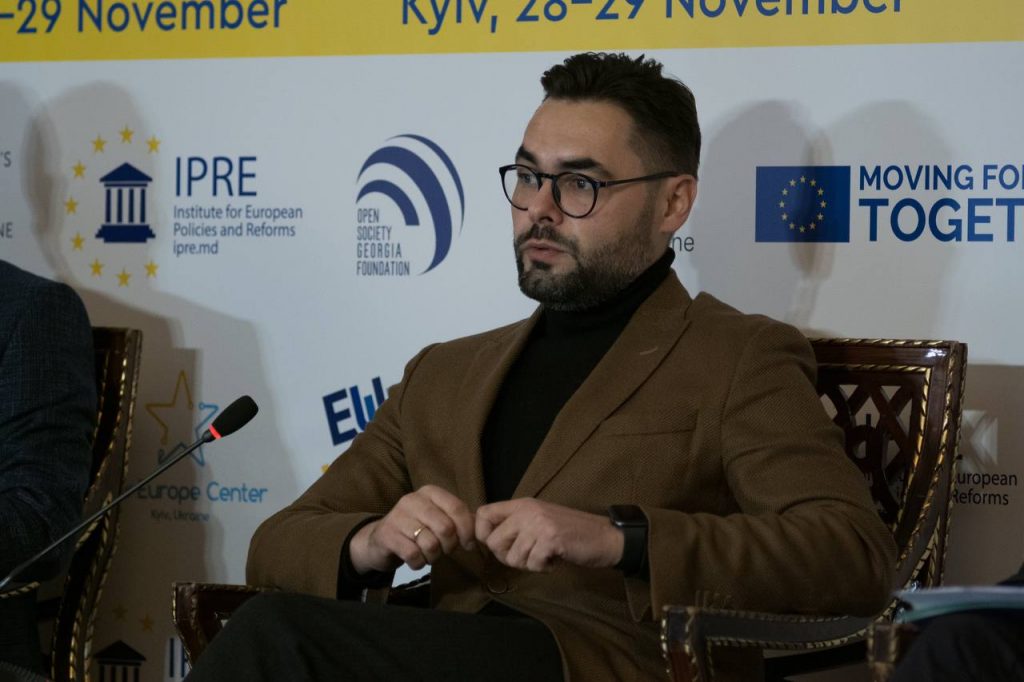
Iulian Groza, Executive Director of the Institute for European Policies and Reforms (IPRE), the Republic of Moldova:
- Today we`re a candidate country, it means we have a lot of work to do. But also the EU has to do reforms of policies, both looking at Eastern Neighbourhood policy, but also looking at the enlargement policy, which was recently revised, in 2020.
- We managed to sign the Association Agreement, which is essentially much more comprehensive than the stabilization association agreements the Western Balkans had.
- 70% of EU acquis is already part of our acquis. In that sense this provides for us some opportunities in terms of the next steps. So, we don’t start from scratch, we engage into the process which provides more opportunities for countries like Ukraine, Moldova and potentially Georgia. But we already did some homework.
- To make accession happen we need to address the fundamentals. We definitely know what we need to do, and the steps the Commission identified for us to implement to open negotiations are very realistic to be done by the first half of the next year.
- The only part we need to address is the resistance of the system to change. If we try to focus on this process, we will do it.
- Countries like Moldova, Ukraine and Georgia should not be in competition with Western Balkan countries – we have to learn from experience and we have a lot of things in common, we will all benefit from learning from each other, working together and really demanding the EU to change the accession process.
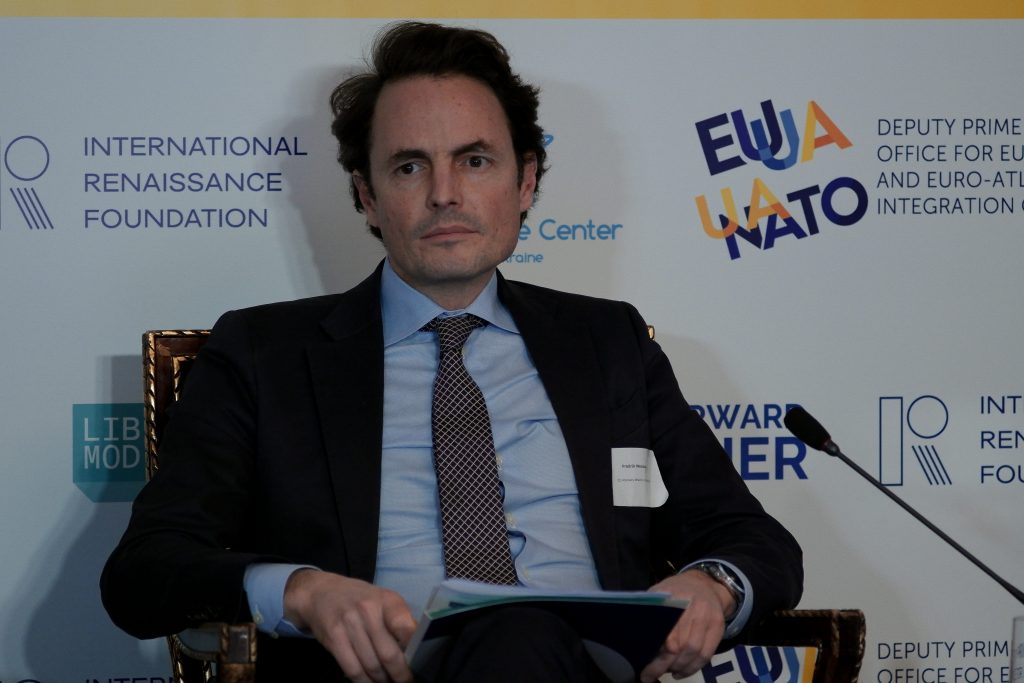
Fredrik Wesslau, Deputy Head of the EU Advisory Mission to Ukraine (EUAM):
- The big obvious difference is the geostrategic one – Ukraine is fighting against the Russian war of aggression for its existence as a state, while at the same time trying to move forward at the accession process and reform. It is important in this context to really acknowledge how much Ukraine managed to deliver in these extremely difficult circumstances.
- This geopolitical context has also somehow opened up for the decision by the European Council in June, which is a truly historic decision for Ukraine, Moldova and for the EU as well. This decision is such a massive repudiation of what Moscow’s geopolitical ambitions are in the region and the real confirmation on the EU side about where Ukraine and Moldova belong.
- There is enormous societal support in Ukraine for EU membership, there is tremendous goodwill within the EU, within the institutions as well, and there is momentum. In the Western Balkans, we see much stagnation. So, my main message to Ukraine here is to make the most of this momentum.
- Some of the risks that we’ve seen in the Western Balkans are also common to Ukraine:
- the risk of backsliding (so do whatever you can to avoid it, especially when it comes to the Copenhagen criteria of course);
- not to cut corners (we see when a candidate country cuts corners, it somehow backfires. It is a political, but also a technical process. And the Commission will always look at cutting corners with great skepticism).
- We have seen in the Western Balkans that the accession process can really take a very long time, it can take much longer than a typical political cycle, which means that an average politician does not have the incentive always of moving forward, as there are no concrete deliverables. And this is my message to the EU. The EU really needs to look at instead of having one big carrot in the end, having lots of small carrots along the way for the candidate countries (for example, membership in the Single market).
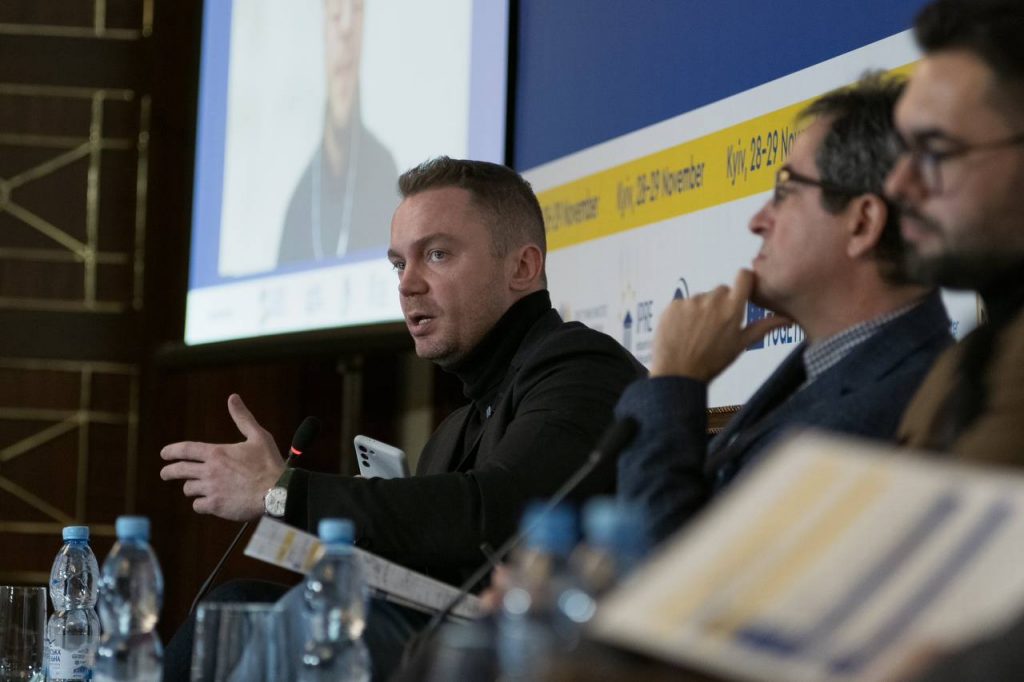
Mykhailo Zhernakov, Chair of the Board of DEJURE Foundation, Ukraine
- Judicial reform is number one out of several priorities connected to Ukraine’s EU integration, its candidacy, and further accession negotiations. Obviously paramount for Ukraine’s successful transformation. If you look at the map, there is no successful country without a rule of law and independent courts.
- After the war started the Venice Commission said because of the war we are watering down the reforms that are crucial for the EU. They started to say that something is not obligatory to do. The decision-makers take it like a flag saying that the Venice Сommission said we can do whatever we want and can forget about reform basically. You are not helping by watering down reforms, you are not helping by making the Сonstitutional Сourt more dependent. Please, help Ukraine by helping it make good reforms.
- We are expecting the EU to be tougher about this reform not to let it slide back sliding.
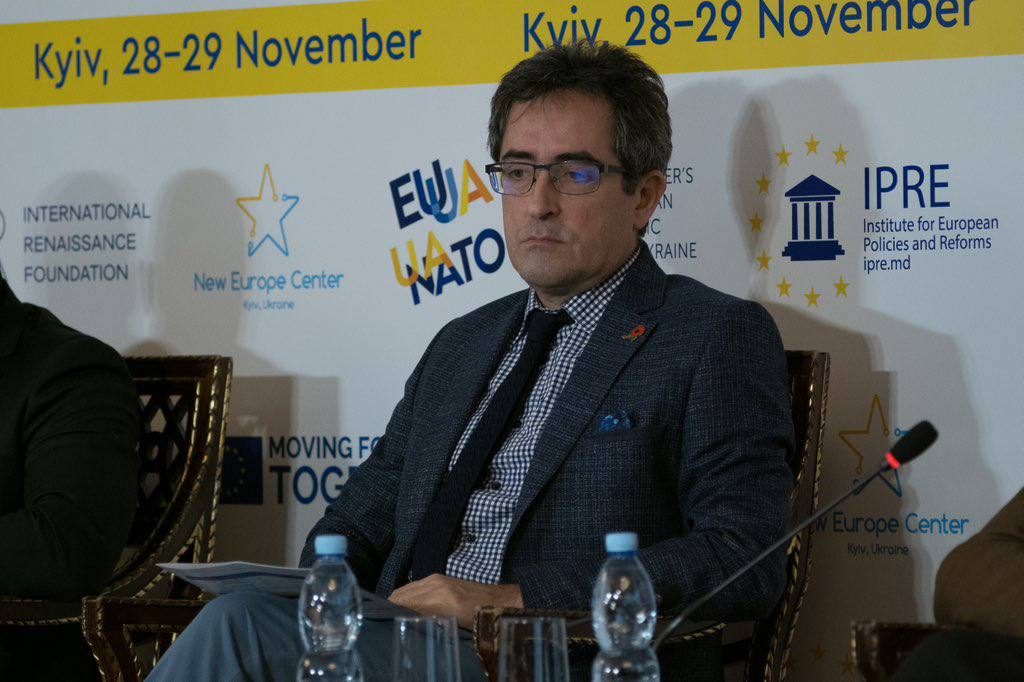
Sorin Ionita, President of Expert Forum (EFOR), Romania:
- The accession is not the finishing line in this race. In a way, it’s a starting line and this is what we learned in my country. Also, the job is not over, we ended up with a mechanism which was called National Certificate (NCV) – the mechanism for cooperation and verification which is a basically safeguard on Judiciary and anti-corruption reforms which we perceived as a key area.
- No country was ever ready when they joined the EU. Not only to 2004, 2007. What does it mean to be ready? Nobody’s ready. You should join when you have an opportunity. But don’t forget the parallel agenda: you should still reform the сountry internally.
- We need the mechanism to support the existence of civil society after accession because you know what we learned is that all the mechanisms are demolishing their effectiveness over time, especially after the accession. We have learned from our experience that after accession you will lose a lot of support, and a lot of donors will leave.
- Anti-corruption and judicial reform are the fundamental political areas of reform. It’s very sensitive, but If you succeed in judicial and anti-corruption reform, you will change the structure of power in the country and create a new sort of politics and society.
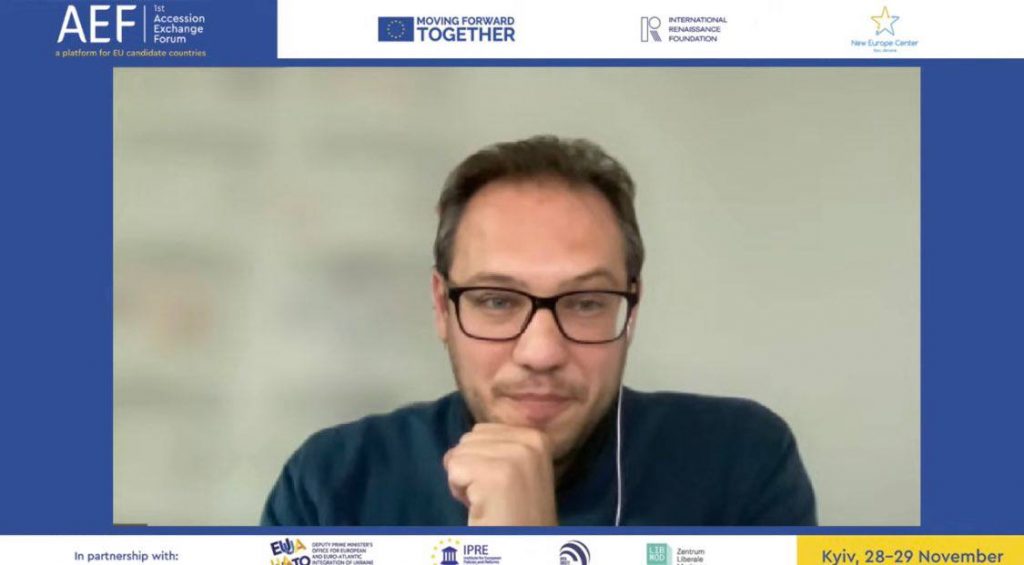
Zoran Nechev, Head of Center of EU Integration at IDSCS, North Macedonia:
- What I see now with this Associated Trio and the motivation within the EU is extremely strong and we have to use that. We need to work together; we are in the same basket.
- There is a political will of the EU at the moment created with the candidate status of both Moldova and Ukraine. We have to use that opportunity and push for things that we think will help us in the accession process, not only domestically but also at the EU level.
- What happens next in the Western Balkans will depend much on Ukraine. When Ukraine was given candidate status along with Moldova, obviously, it was the opinion within the EU that we have to do something with Western Balkans. We had like additional issues that could be resolved in a short period. That is why we have seen France resolving the bilateral issue with Macedonia and Bulgaria.
Video recording of the Forum is available here: 1st day and 2nd day.
The Accession Exchange Forum is organized by the New Europe Center in partnership with the Office of the Deputy Prime Minister of European and Euro-Atlantic Integration of Ukraine, the International Renaissance Foundation, the Institute for European Policies and Reforms and the Soros Foundation in Georgia. The Accession Exchange Forum is taking place with EU support, within the EU-funded EU4USociety project implemented by the International Renaissance Foundation.



